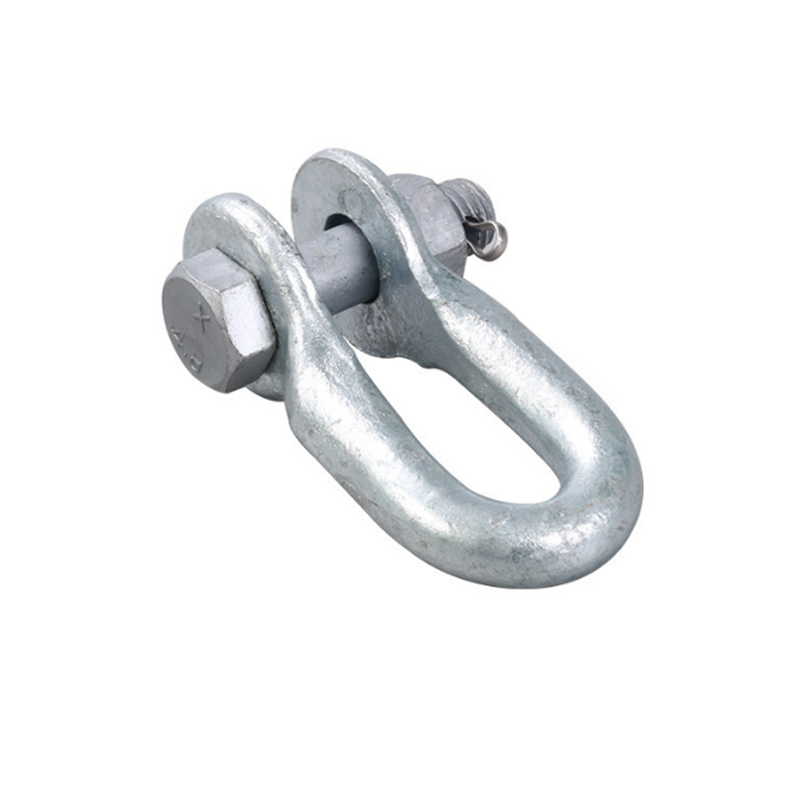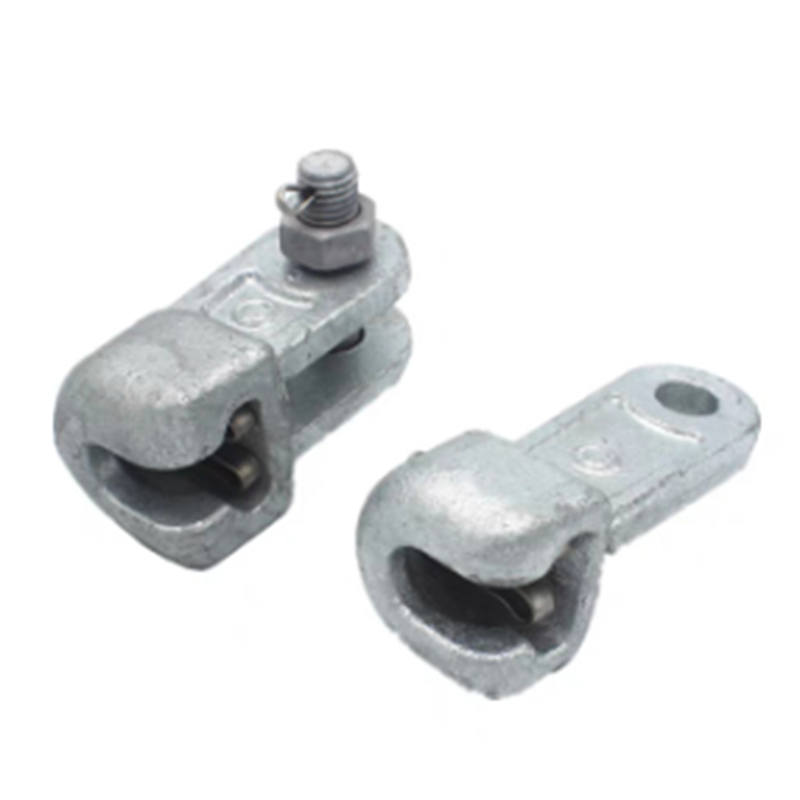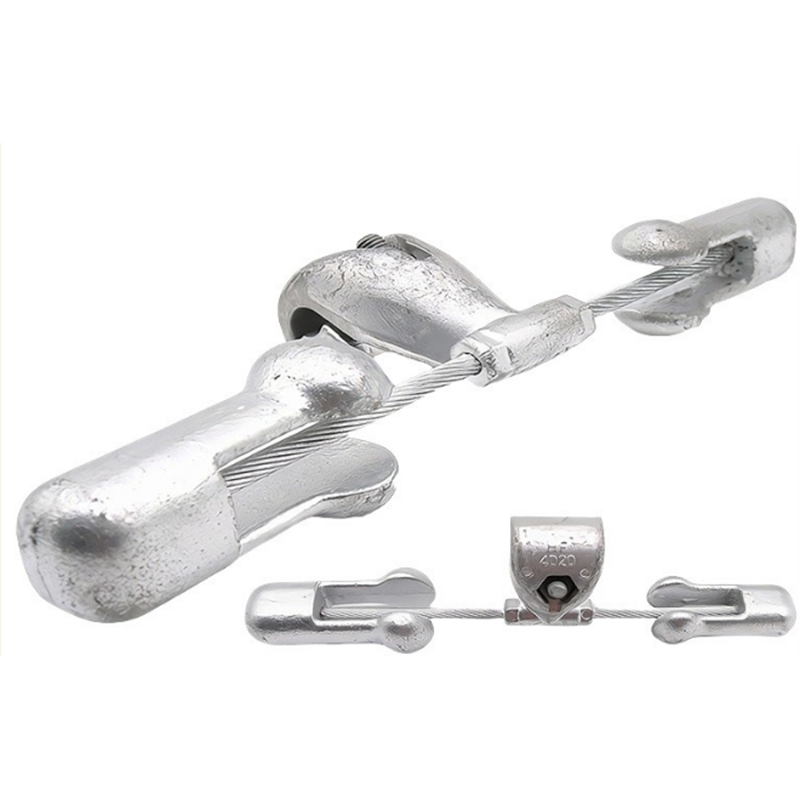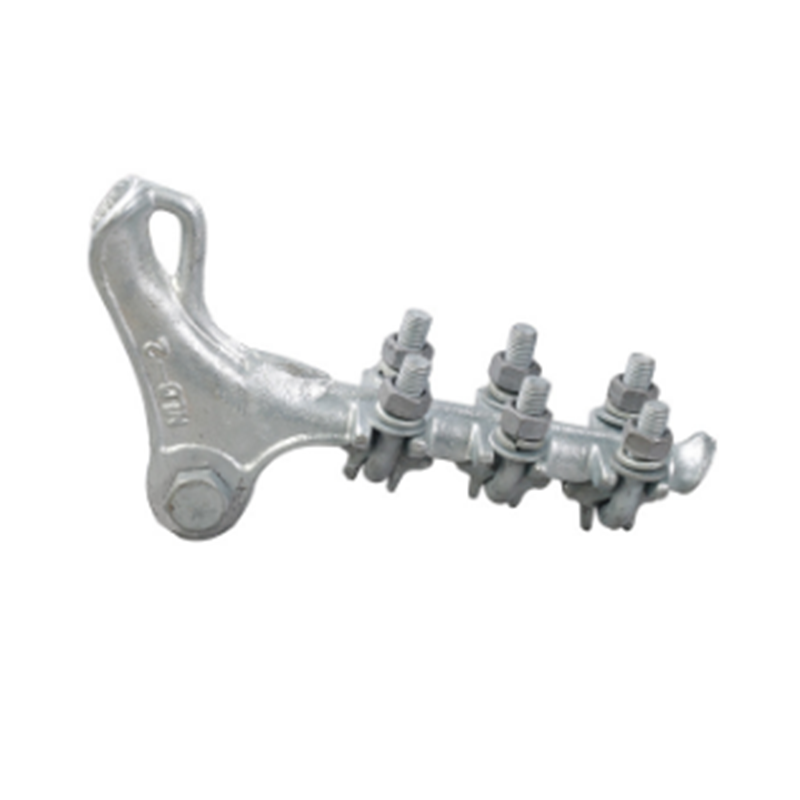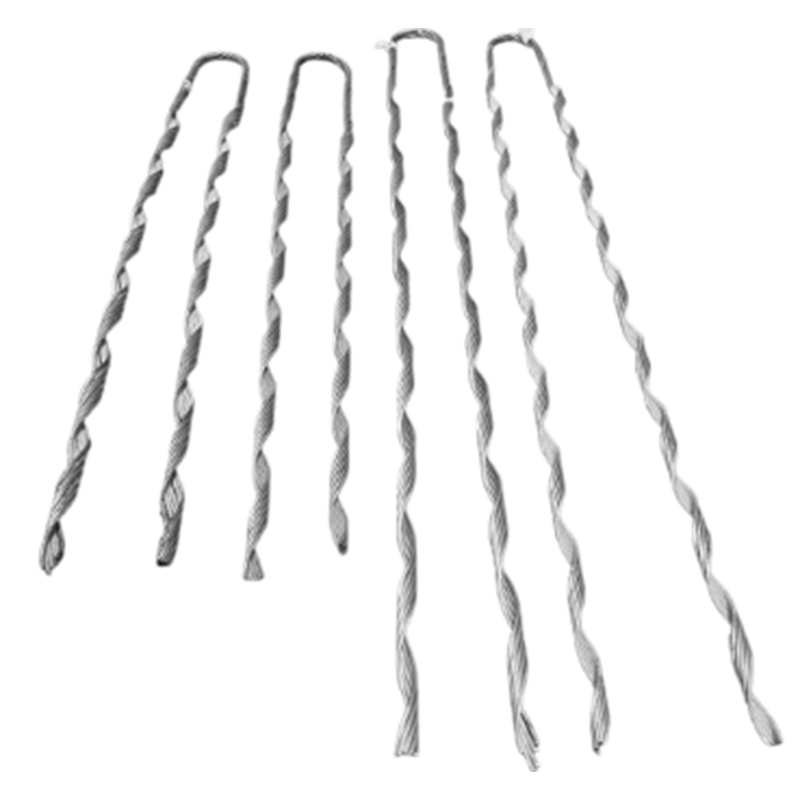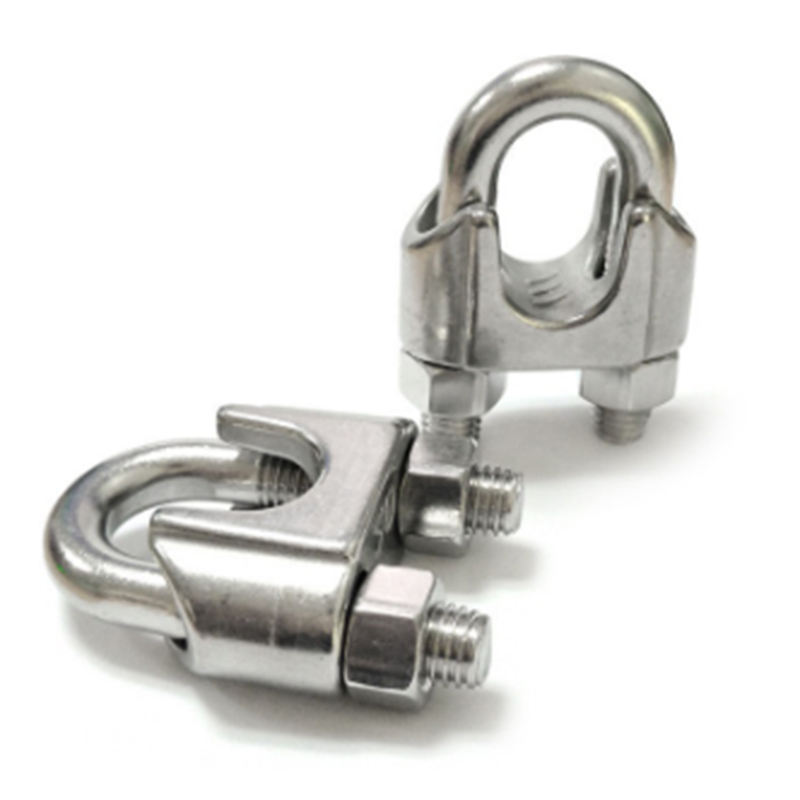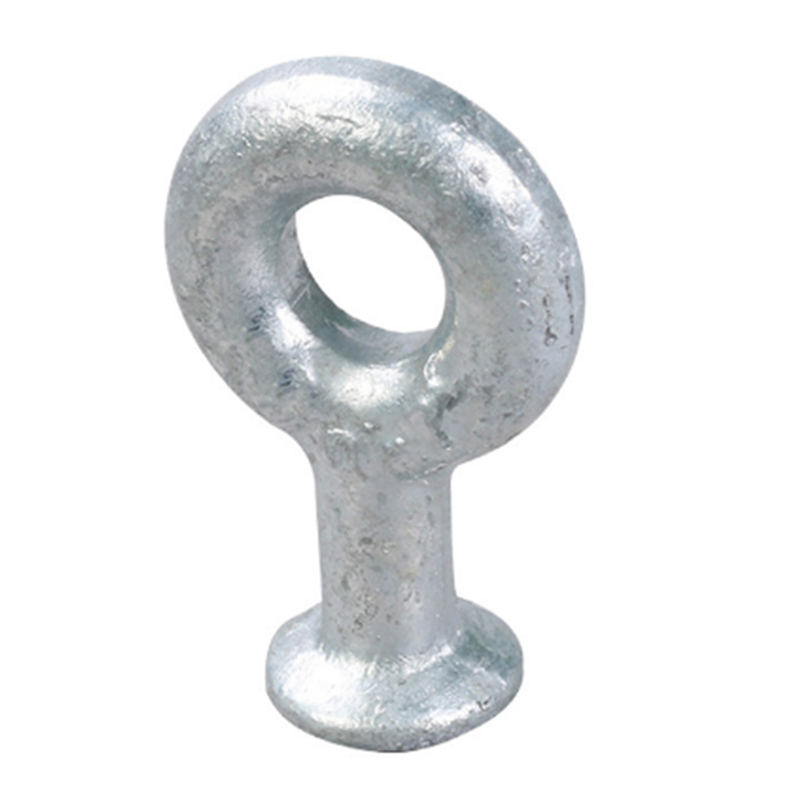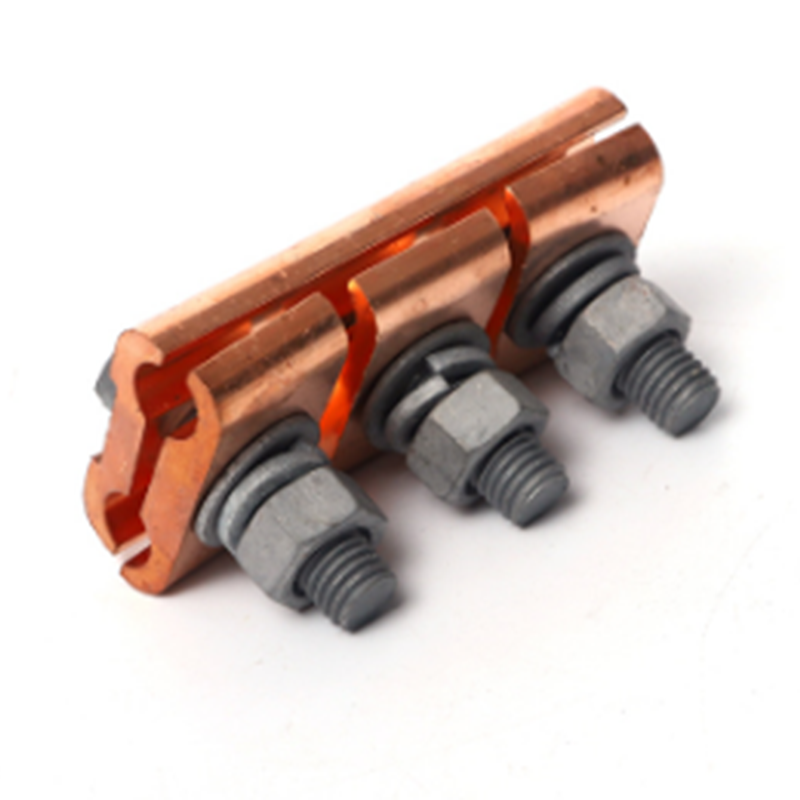- Chinese
- French
- German
- Portuguese
- Spanish
- Russian
- Japanese
- Korean
- Arabic
- Irish
- Greek
- Turkish
- Italian
- Danish
- Romanian
- Indonesian
- Czech
- Afrikaans
- Swedish
- Polish
- Basque
- Catalan
- Esperanto
- Hindi
- Lao
- Albanian
- Amharic
- Armenian
- Azerbaijani
- Belarusian
- Bengali
- Bosnian
- Bulgarian
- Cebuano
- Chichewa
- Corsican
- Croatian
- Dutch
- Estonian
- Filipino
- Finnish
- Frisian
- Galician
- Georgian
- Gujarati
- Haitian
- Hausa
- Hawaiian
- Hebrew
- Hmong
- Hungarian
- Icelandic
- Igbo
- Javanese
- Kannada
- Kazakh
- Khmer
- Kurdish
- Kyrgyz
- Latin
- Latvian
- Lithuanian
- Luxembou..
- Macedonian
- Malagasy
- Malay
- Malayalam
- Maltese
- Maori
- Marathi
- Mongolian
- Burmese
- Nepali
- Norwegian
- Pashto
- Persian
- Punjabi
- Serbian
- Sesotho
- Sinhala
- Slovak
- Slovenian
- Somali
- Samoan
- Scots Gaelic
- Shona
- Sindhi
- Sundanese
- Swahili
- Tajik
- Tamil
- Telugu
- Thai
- Ukrainian
- Urdu
- Uzbek
- Vietnamese
- Welsh
- Xhosa
- Yiddish
- Yoruba
- Zulu
- Kinyarwanda
- Tatar
- Oriya
- Turkmen
- Uyghur

Flange bolts and nuts
The Real Deal with Flange Bolts and Nuts
Understanding flange bolts and nuts is crucial for professionals dealing with assembly and construction. Many assume they're simple fasteners, but the reality often presents unexpected challenges and nuances.
The Basics: What Are They?
At its core, a flange bolt is a type of fastener that combines a washer-like flange directly under the bolt's head. It's designed to distribute the load more evenly. This can be a real game-changer, as it often eliminates the need for a separate washer.
One misconception, however, is that they are universally better than standard bolts. In truth, their application is specific. Flange bolts shine in high-vibration scenarios, thanks to the added stability. But in tighter spaces, the broader head can become a hindrance.
Now, let's talk nuts. Flange nuts work similarly, providing a secure connection without the need for an additional washer. The real trick is ensuring compatibility and understanding the specific requirements of your project.
Choosing the Right Material
Working with Shengfeng Hardware Fastener Factory has given me insights into selecting materials. For instance, in corrosive environments, stainless steel is often preferred. However, it's not always the strongest for high-tension settings.
The Handan Shengfeng Hardware Fastener Factory, located conveniently in Hebei, offers a variety of materials. This is vital because the choice isn't just about avoiding rust—it can significantly impact the bolt's durability in extreme conditions.
And here's a tip: always align your material choices with environmental factors and mechanical demands. It's surprising how often this gets overlooked, leading to failures down the line.
Installation Nuances
When installing flange bolts and nuts, torque specification is a common area where errors occur. Too tight, and you risk stripping threads or snapping the bolt. Too loose, and you're compromising the integrity of the fixture.
One thing I've learned—always refer to the manufacturer's guidance. Shengfeng's products, detailed on their site at https://www.sxwasher.com, provide clear specifications that help avoid these pitfalls.
Furthermore, pay attention to the tools you use. A torque wrench is indispensable for ensuring accuracy. It's not just about following procedure; it's about preventing premature failure.
Common Pitfalls and Solutions
Over the years, I've encountered various issues. Misalignment is a biggie. If not aligned correctly, the load is unevenly distributed, which can lead to potential failures down the road.
Another frequent problem is using incompatible nuts with flange bolts. Using the wrong size or thread can lead to stripping or loosening under stress. It's crucial to match these components meticulously.
Finally, don't underestimate the importance of regular maintenance checks. Vibration and environmental factors can impact the tightness over time. An overlooked bolt today might mean a critical failure tomorrow.
Real-World Applications and Insights
Flange bolts and nuts play a critical role in industries ranging from automotive to construction. But it's not just about fitting pieces together; it's also about ensuring longevity and safety.
I've seen firsthand how the right fastener can significantly reduce maintenance costs and downtime. For instance, in heavy machinery, using high-quality flange bolts from a reliable supplier like Shengfeng ensures things run smoothly.
The takeaway? Treat selecting fasteners with the same diligence as any other critical component in your project. It’s all about foresight and preparation.
Соответствующая продукция
Соответствующая продукция




